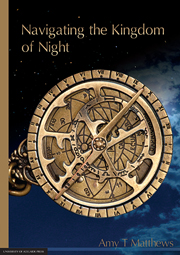Contracts with the Reader
Published online by Cambridge University Press: 05 April 2014
Summary
When we pick up a book, I suggest, we have expectations. We may not even be aware of them, and we don't spend much time analysing how those expectations are formed and how they're influencing our experience of the book, but they do exist, as we discover every time there's a great literary scandal surrounding ‘fraudulent’ writers who have ‘misrepresented’ themselves and their work. Think of James Frey, Norma Khouri, Mudrooroo, and, in the case of Holocaust literature, Benjamin Wilkomirski, Jerzy Kosinski and Helen Demidenko.
The relationship between reader/author/text is a complex one. There is an invisible, unspoken contract: the reader expects the author and text to hold true to this contract, even though the terms can be shifting, misunderstood, manipulated and even unacknowledged. The questions of author intent and ‘what the book is’ (what it claims to be, what it is marketed as, what the cover and blurb say it is trying to be, what the author says about it in interviews) are of heightened importance when it comes to Holocaust literature, because of the ‘moral perils’. The success of Eliach's, Foer's and Boyne's narratives rely on clear contracts with the reader. Young's concerns about whether Eliach is credited as ‘editor’ or ‘author’ are concerns about the clarity of the reader/author contract. Editing is one thing, authoring another — in Young's opinion it is important that the reader know and understand which is which in the case of the text. Because they assume different modes of reading.
- Type
- Chapter
- Information
- Navigating the Kingdom of Night , pp. 93 - 122Publisher: The University of Adelaide PressPrint publication year: 2013



